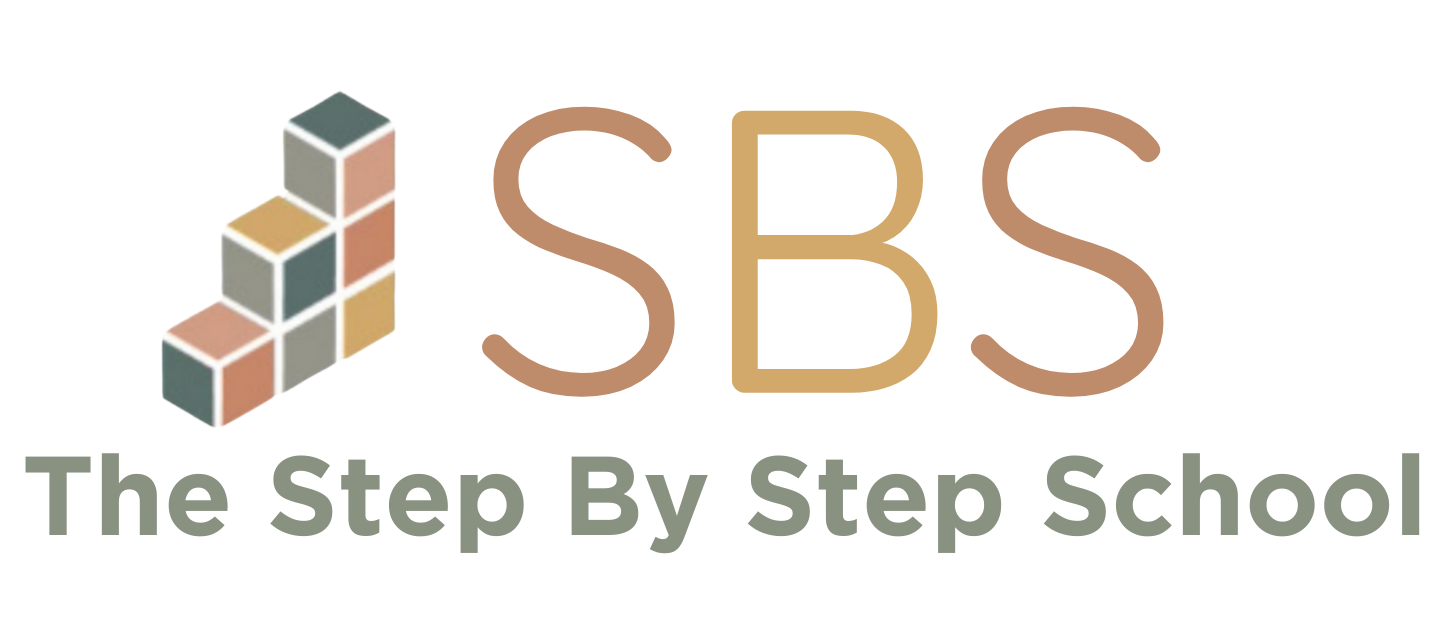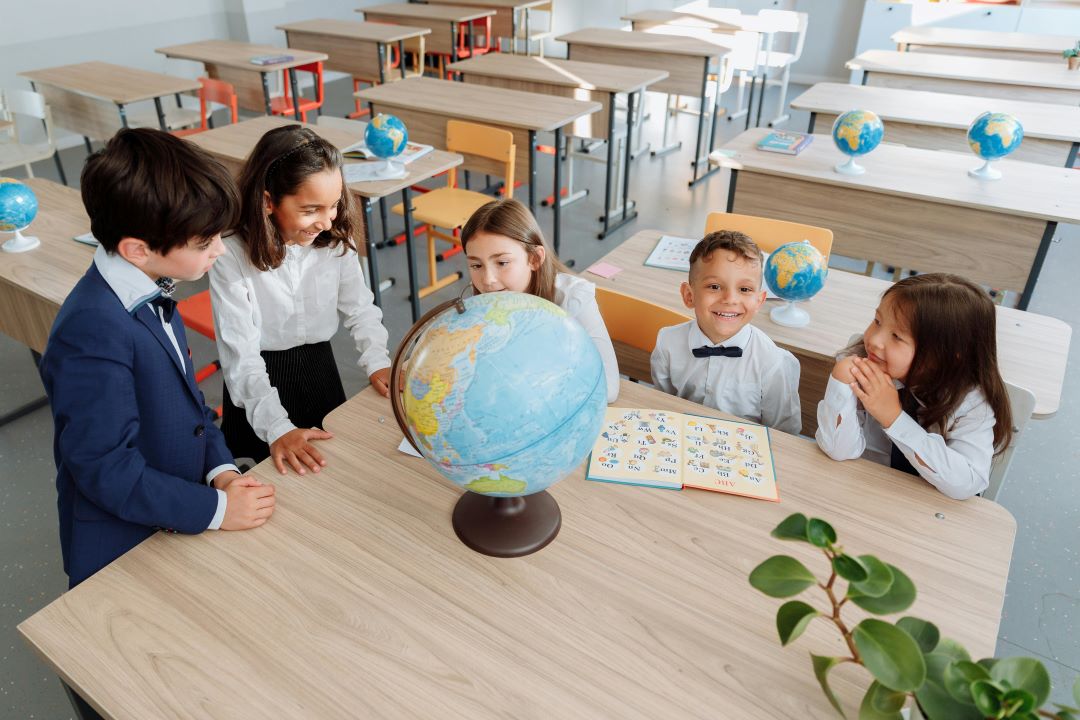In today’s globalized world, bilingual education is more important than ever. Children who learn multiple languages at an early age develop cognitive flexibility, better problem-solving skills, and enhanced memory retention. Research shows that exposure to more than one language strengthens brain connections, making learning easier in other subjects like math and science. At The Step by Step School in Hoboken, we emphasize bilingual education to help children gain a lifelong advantage.
Cognitive Benefits of Bilingual Education
One of the greatest advantages of bilingual education is its impact on brain development. Studies indicate that children who speak two or more languages show increased gray matter density in the brain, which enhances critical thinking and executive function. These skills translate to improved attention spans, multitasking abilities, and superior problem-solving skills. Learning multiple languages from an early age helps children become more adaptable and open-minded.
Social and Cultural Awareness
Bilingual education also fosters cultural awareness and social adaptability. When children are exposed to different languages, they develop a deeper understanding of other cultures, traditions, and perspectives. This understanding promotes empathy, tolerance, and communication skills that are invaluable in today’s interconnected world. At our school in Hoboken, we create an immersive environment where children learn language through cultural experiences, stories, and interactive play.
Academic Success and Enhanced Literacy Skills
Learning a second language improves overall literacy skills, even in a child’s native language. Bilingual children tend to perform better in reading comprehension, vocabulary, and grammar. Research suggests that early exposure to multiple languages enhances phonemic awareness, making it easier for children to learn additional languages in the future. This academic advantage sets them up for success in elementary school and beyond.
Career and Future Opportunities
Bilingual education provides long-term benefits by opening doors to greater career opportunities. In today’s job market, employers highly value multilingual employees who can communicate across cultures and work in international settings. Studies show that bilingual individuals often earn higher salaries and have greater career mobility. By investing in bilingual education at an early age, parents are giving their children a competitive edge in their future professional lives.
Bilingual Education in Hoboken
At The Step by Step School in Hoboken, we offer a structured bilingual education program designed to maximize learning outcomes. Our curriculum integrates immersive language learning techniques, interactive activities, and real-world applications to ensure children grasp new languages naturally. Through play, storytelling, music, and hands-on activities, we create a supportive environment where children thrive linguistically and academically.
How to Support Your Child’s Bilingual Journey
Parents play a crucial role in reinforcing bilingual education at home. Simple activities such as reading bilingual books, watching educational programs in multiple languages, and engaging in conversations can help children strengthen their language skills. Enrolling children in a bilingual program at a young age ensures they receive consistent exposure to both languages, allowing them to develop fluency and confidence.
Conclusion
Bilingual education is a powerful tool that shapes children’s cognitive abilities, social skills, and future opportunities. The long-term benefits of early language learning extend far beyond childhood, preparing students for academic success and a competitive job market. If you’re looking for a high-quality bilingual program in Hoboken, The Step by Step School provides an immersive learning experience designed to help children excel. Contact us today to learn more about our bilingual education programs and give your child the advantage of multilingual learning.
FAQs
1. What is bilingual education, and why is it important?
Bilingual education refers to a structured approach to teaching students in two languages. It’s important because it enhances cognitive skills, academic performance, and cultural awareness, giving children an advantage in school and future careers.
2. How does bilingual education benefit early childhood development?
Bilingual education improves brain function by enhancing memory, problem-solving skills, and multitasking abilities. It also strengthens literacy skills and promotes adaptability in young learners.
3. At what age should children start bilingual education?
Children can start bilingual education as early as infancy. Research shows that early exposure to multiple languages leads to greater fluency and ease in language acquisition compared to starting at a later age.
4. Will learning a second language confuse my child?
No, learning a second language will not confuse your child. In fact, bilingual children develop better cognitive flexibility and adaptability. They may mix languages at first, but this is a natural part of the learning process.
5. How can parents support bilingual education at home?
Parents can support bilingual education by reading books, singing songs, and watching educational content in both languages. Speaking in both languages consistently helps reinforce learning and encourages fluency.









